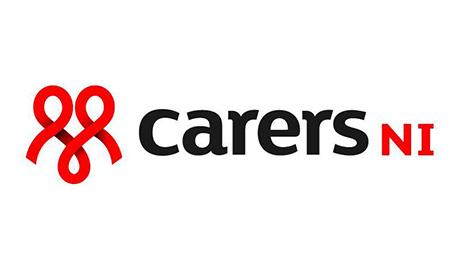Your Rights In Work
If you are juggling work with looking after someone, you are not alone - 1 in 9 people across the UK are balancing work and caring. Juggling work and care can be very challenging - without support, carers may suffer from stress, exhaustion and some may give up work. Therefore, it’s important to find out about your rights.
Your rights in work come from two sources:
- the law gives you ‘statutory rights’ which everyone has
- your contract of employment gives you ‘contractual rights’ which can be more generous than statutory rights
This information is about statutory rights, however it is always worth checking your contract of employment, staff handbook, HR policies or letter of appointment to see if you have any contractual rights on top of your statutory rights.
The right to request flexible working
All employees have a right to request flexible working after they have worked for the same employer for 26 weeks (six months), as long as they haven’t already made a flexible working request within the last 12 months. Flexible working requests should be made in writing and should include details of the revised working pattern you are seeking, how you think this may affect your employers’ business and how you think this can be dealt with. Employers must have a sound business reason for rejecting any request.
Examples of flexible working:
- home working
- part-time working
- term-time working
- working compressed hours
- working staggered hours
- working annualised hours
- flexi-time
- shift working
- job sharing
The right to time off in emergencies
All employees have the right to take a ‘reasonable’ amount of time off work to deal with an emergency or an unforeseen matter involving a dependant (which includes your partner, child or parent, or someone living with you as part of your family - others who rely on you for help in an emergency may also qualify). The time off is unpaid unless your employer is willing to give paid time off as a contractual right.
Examples of emergency situations
- a disruption or breakdown in care arrangements
- the death of a dependant
- if a dependant falls ill or is in an accident
- to make long term arrangements for a dependant who is ill or injured (not provide long term care yourself)
- an incident involving a child during school hours.
For more information on:
- the right to parental leave
- protection from discrimination
- additional support at work
- telling your employer about your caring role
- telling other staff about your caring role
- getting support for you and/or the person you are looking after whilst you are at work
- if you are thinking of leaving work
- employers' good practice
- Carers NI support
Click here to download the full factsheet.





























